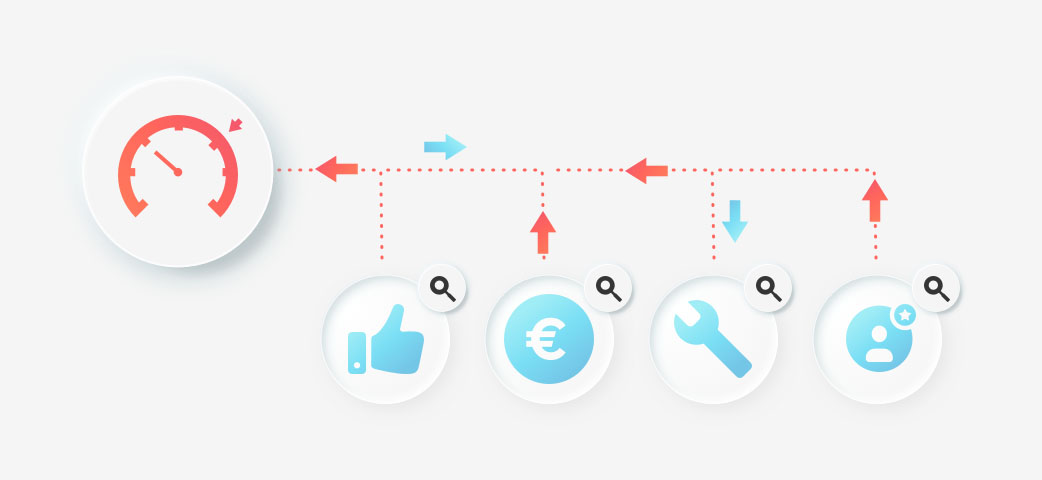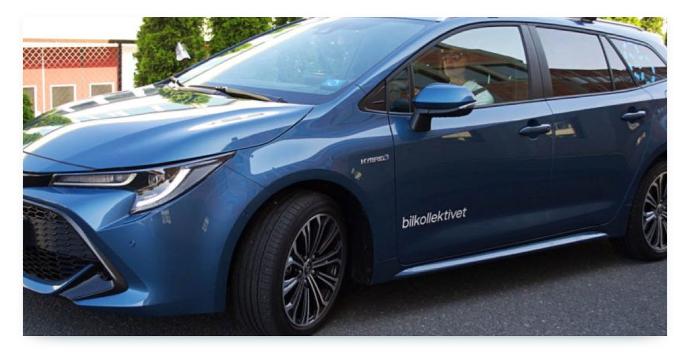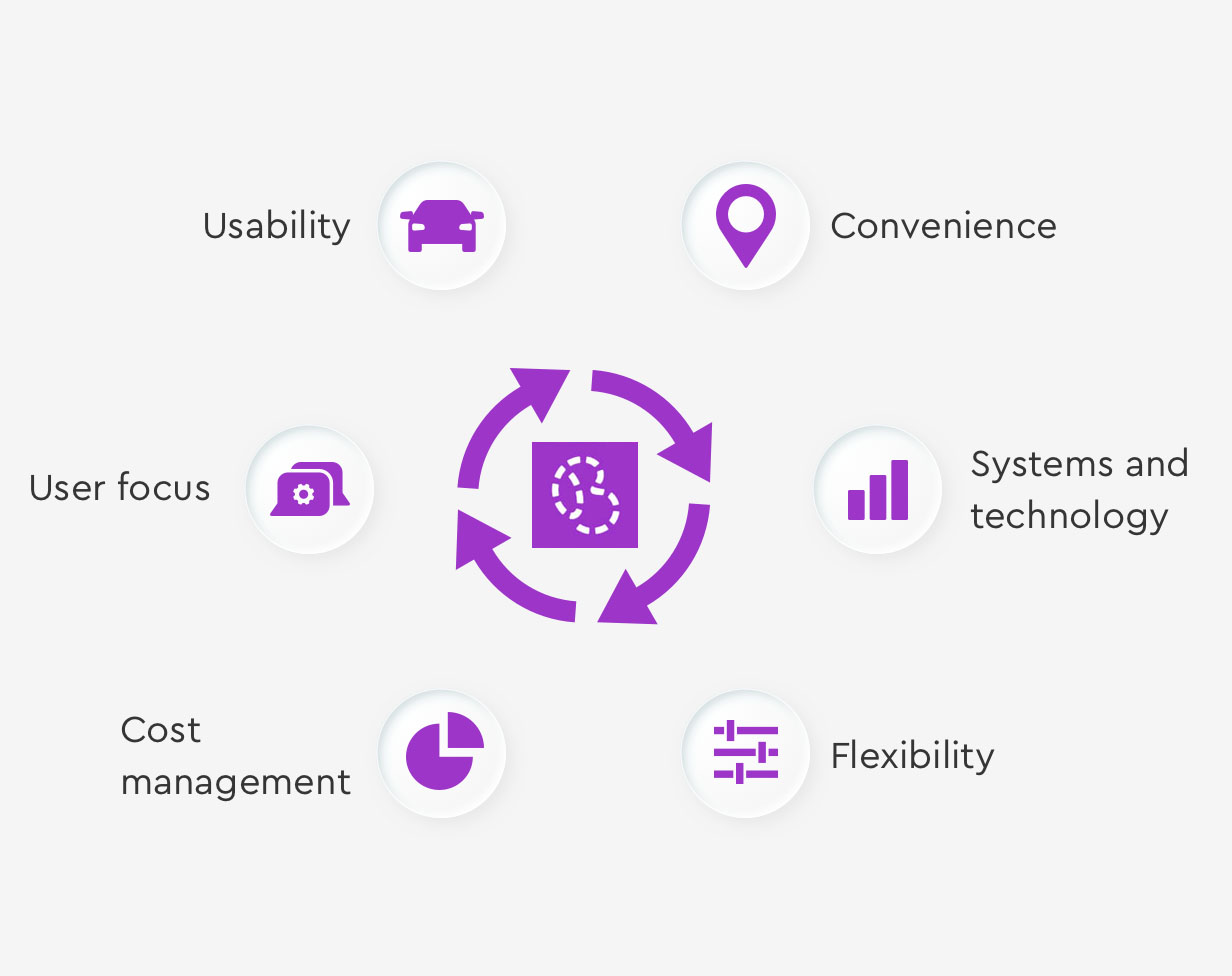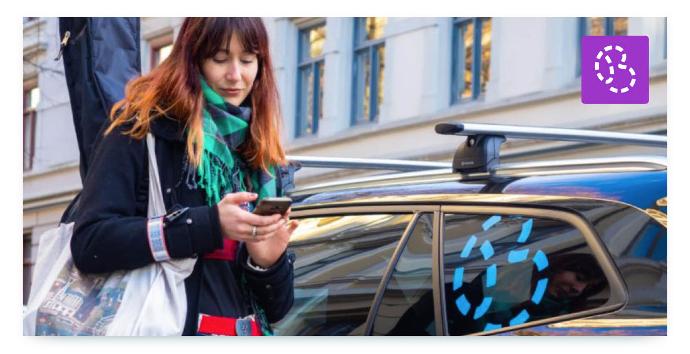In an interview, Bilkollektivet’s CEO Morten Munch-Olsen and Marketing Manager Haakon Hals offer us fascinating insights into their understanding and implementation of Operational Excellence. Bilkollektivet is Norway’s largest and solely profitable carsharing provider. Their success is strongly related to the way operations are managed internally - and likely also due to the company’s heavy user-centric and long-term approach.
Learn From Experts of the Shared Mobility Industry
Are you interested in how Operational Excellence is understood and practiced elsewhere? As part of the MOQO Summit 2021, we surveyed speakers and workshop leaders about Operational Excellence in their companies. You can find the results here.
At Bilkollektivet, how do you define Operational Excellence?
To us, Operational Excellence is about executing the business strategy more consistently and reliably than the competition and with less operational risk, lower operating costs and increased revenues relative to the competitor.
It plays a role in various business areas, including general operations, expense management, user experience, the user journey and communication with the target group.
What are the main goals that you are pursuing in the quest for Operational Excellence and optimized workflows?
We want to achieve profitability and sustainable growth. This involves three important factors. First, the pricing has to be acceptable for the customer and the operational costs need to be below the price. Second, our service is attractive so that the churn is low and we have more customers signing up. Third, utilization and the contribution margin (per car, model, station and fleet tier) are high enough to sustain income and profitability but low enough so that customers can find a car when they need one.

How do you put this into practice? How do you structure your team in regards to process optimization and do you use any specific tools or management approaches?
In regards to our team structure, we have a management team consisting of our Chief Executive Officer, a Financial Officer, an Operational Manager and a Marketing and Communications Manager. The Operational Manager is responsible for all operating processes. His team includes administrative as well as field workers.
To reach process optimization especially in our operations, we adopt a Lean Philosophy and focus on automatization. We work with the PDCA-Cycle and use Business Intelligence to make sure we have the necessary statistics to base our decisions on.
Methods to Put Process Optimization in Practice
Can you give us further insight into how you monitor process performance as well as measure the level of Operational Excellence?
Our weekly Management Team Meetings are pivotal for our oversight. Here, we review our KPIs and depending on these we make decisions and plan the upcoming steps or changes.
The KPIs we look at are as follows:
Economic (revenue, cost, result, break-even margin per car model and station)
Operational (volume (bookings/km, hrs), utilization, support statistics, feedback from the app)
User churn, new and canceled memberships
User satisfaction
Key Performance Indicators (KPIs)
In order to evaluate the performance of a company over time, the regular measurement of sensibly selected key figures (indicators) are helpful.
These KPIs help identify the need for action, encourage action accordingly and assess the effect of measures taken in retrospect.


To measure user satisfaction you need to understand your customers’ needs and how well you are meeting them. How do you achieve this?
We regularly conduct surveys, work with focus groups and use general feedback received through our user forum, customer service, social media and the app stores. Also, our other KPIs allow us some behavioral observations to rate the overall satisfaction.
Let’s speak openly: In which areas do you still observe avoidable or reducible work? Where can your Operational Excellence still be optimized?
There are mainly three areas where we can still further improve our processes. One area is Operations, particularly in regards to fleet management. Here, the process for winter and summer tires can be better optimized and we need to also implement a Power Business Intelligence tool for better monitoring of our KPIs. Another area is Accounting. Here, we need to improve our processes for fees handling and implement more automation. In Marketing, we need to focus more on conversion tracking. Here, we should implement a better monitoring process in regards to signups, marketing campaigns, etc.
To sum things up, what do you consider are the biggest key factors for Operational Excellence as a shared mobility provider?
The pursuit of Operational Excellence should revolve around the following factors:
Usability in terms of the car, booking, app and payment.
Convenience in terms of a station’s location and the availability of cars.
Systems and technology should be scaled for sustainable growth. Maximize automation and minimize manual operations. Keep an eye on and adapt to ongoing developments with market and technological trends. Also, establish an efficient fleet management system.
Flexibility in terms of keeping decision chains short and allowing quick adjustments to changing demand or market conditions.
Cost management in terms of administrative costs, carfleet costs including damage, maintenance and returns.
User focus: Bilkollektivet is organized as a member-owned co-op, in essence making the user both the shareholder and end user. Unlike commercial operators, this requires an even more user-centric approach to all decision making, but with a broad, long-term perspective.
OPEX Facts by Bilkollektivet

Is there anything you would like to add?
Yes, we want to highlight the importance of Corporate Social Responsibility. In this day and age, this responsibility cannot be overlooked. The environmental effect is one of the core components that makes carsharing an attractive and future-proof mobility solution. When you as a sharing provider continuously improve your processes to offer a better service, you are not only striving for your own success but also for a more sustainable mobility future.
Bilkollektivet has stated as its purpose in its Articles of Association that “Bilkollektivet shall offer smart, environmentally friendly, and nonprofit sharing of vehicles that fully replaces the user’s need for owning a private car. Bilkollektivet shall by this contribute to a greener and better environment with fewer cars and less unnecessary driving”. Scientific research (TØI) has estimated that one shared station-based car replaces approximately 10 privately owned cars. This reduction in environmental footprint has a measurable effect and is one of the key factors valued by both users and regulatory institutions.


About Bilkollektivet
Bilkollektivet was founded 25 years ago in Oslo and is now Norway's largest carsharing provider. For about three years, Bilkollektivet has been the only Norwegian provider to operate profitably. Another distinctive aspect is that the organization is based on a cooperative ideal. Members become shareholders when they join the cooperative by paying a monthly fee and when they rent vehicles they only pay a small fee per booked trip. Fuel or loads and tolls are included. All profits made are used to expand the vehicle fleet and/or offer members even more benefits. As a non-profit car sharing service, Bilkollektivet strives to contribute to shaping the sustainable future of mobility and provide a real alternative to owning a car.




